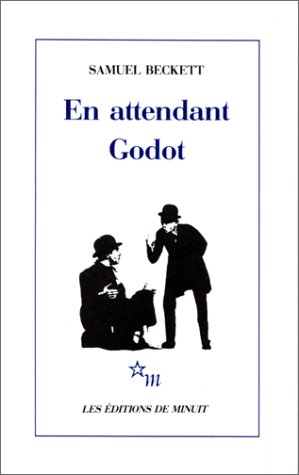Ich wàrt uf de Theo / En attendant Théo
Rédacteurs
Dossiers

Saint-Elme, la folie d'un Twin Peaks, quelque part en Europe
« Ici, c’est spécial. » Depuis trois ans, Serge Lehman et Frederiks Peeters nous ont plongés dans une série dont les couleurs folles peinent à rester dans tranquillement dans leurs pages. Un polar percutant, aux personnages franchement décalés : avec la sortie du cinquième tome, Les Thermopyles, les comparses mettent le point final à leur saga au milieu des montagnes…
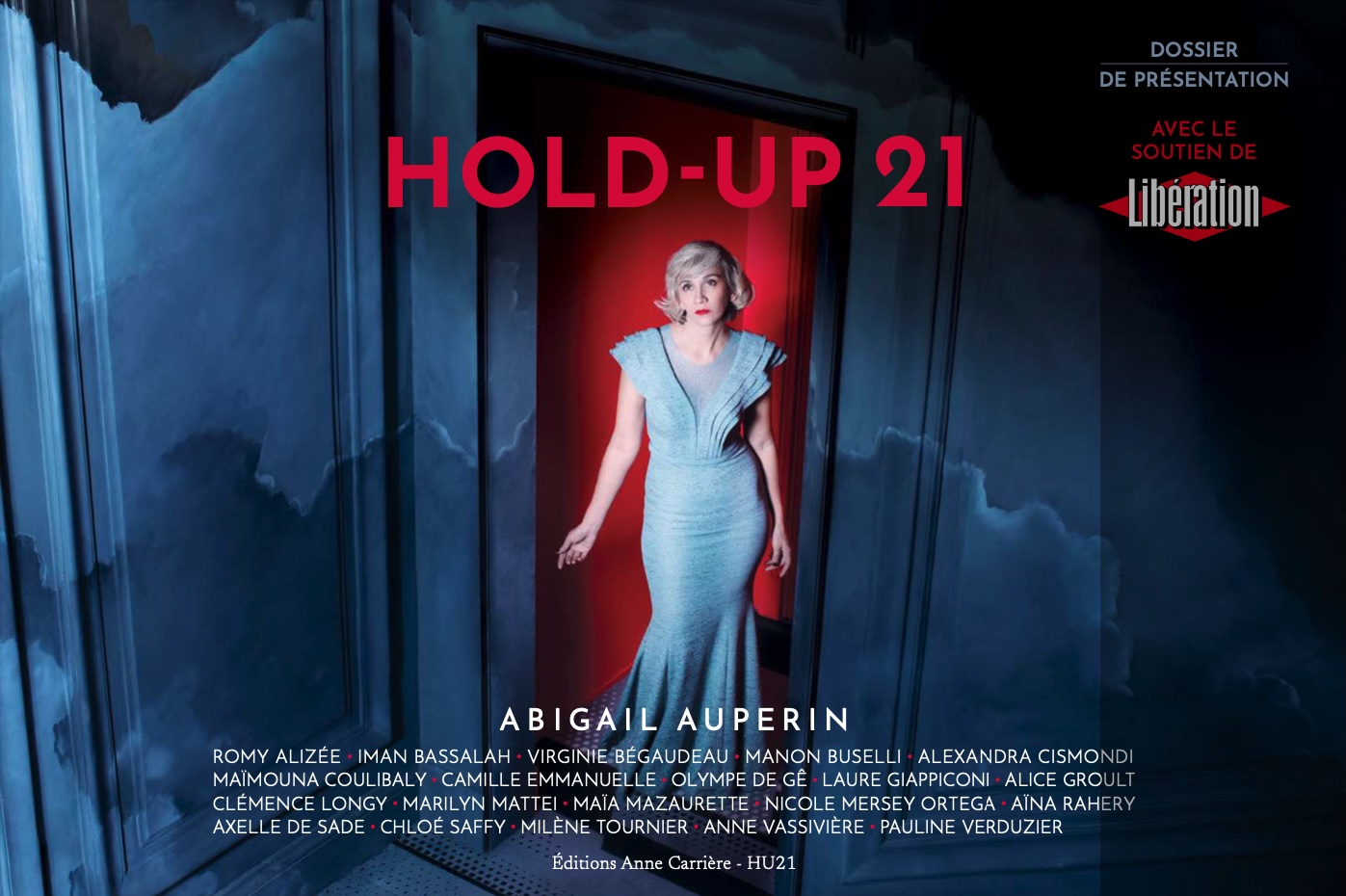
Hold-up 21: Un voyage littéraire et photographique du désir
Vingt femmes extraordinaires, couvrant des horizons aussi vastes que la réalisation, la poésie, le journalisme et la chorégraphie, se sont rassemblées autour d'une mission : revaloriser l'érotisme dans la littérature tout en intégrant les perspectives féministes actuelles.
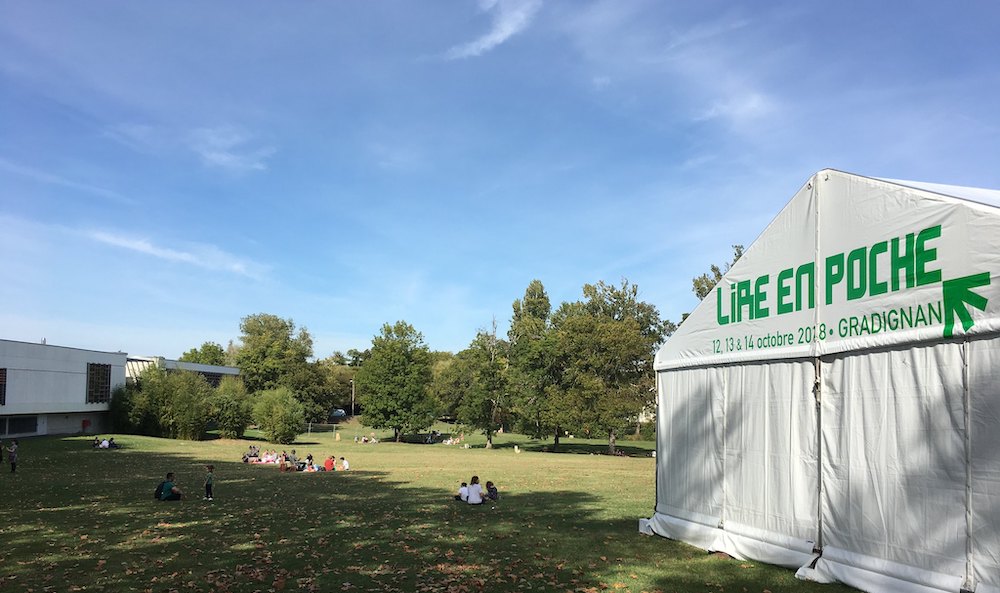
Lire en Poche 2022 : Un autre monde
Rendez-vous incontournable de la rentrée littéraire, Lire en Poche, organisé par la ville de Gradignan, accueille près de 27.000 visiteurs et plus de 100 auteurs, dont un tiers d’auteurs jeunesse qui rencontre son public également dans le cadre scolaire. L'édition 2022 se déroule du 7 au 9 octobre.

Livres et jeux éducatifs : My Bulle Toys, un libraire en Floride
La librairie My Bulle Toys, située près de Miami, propose une sélection de livres et de jeux éducatifs pour enfants en français. Nicolas Pacaud, le propriétaire de la librairie, a choisi d'ouvrir cette boutique en raison de sa passion pour la littérature jeunesse et les jouets pour enfants.
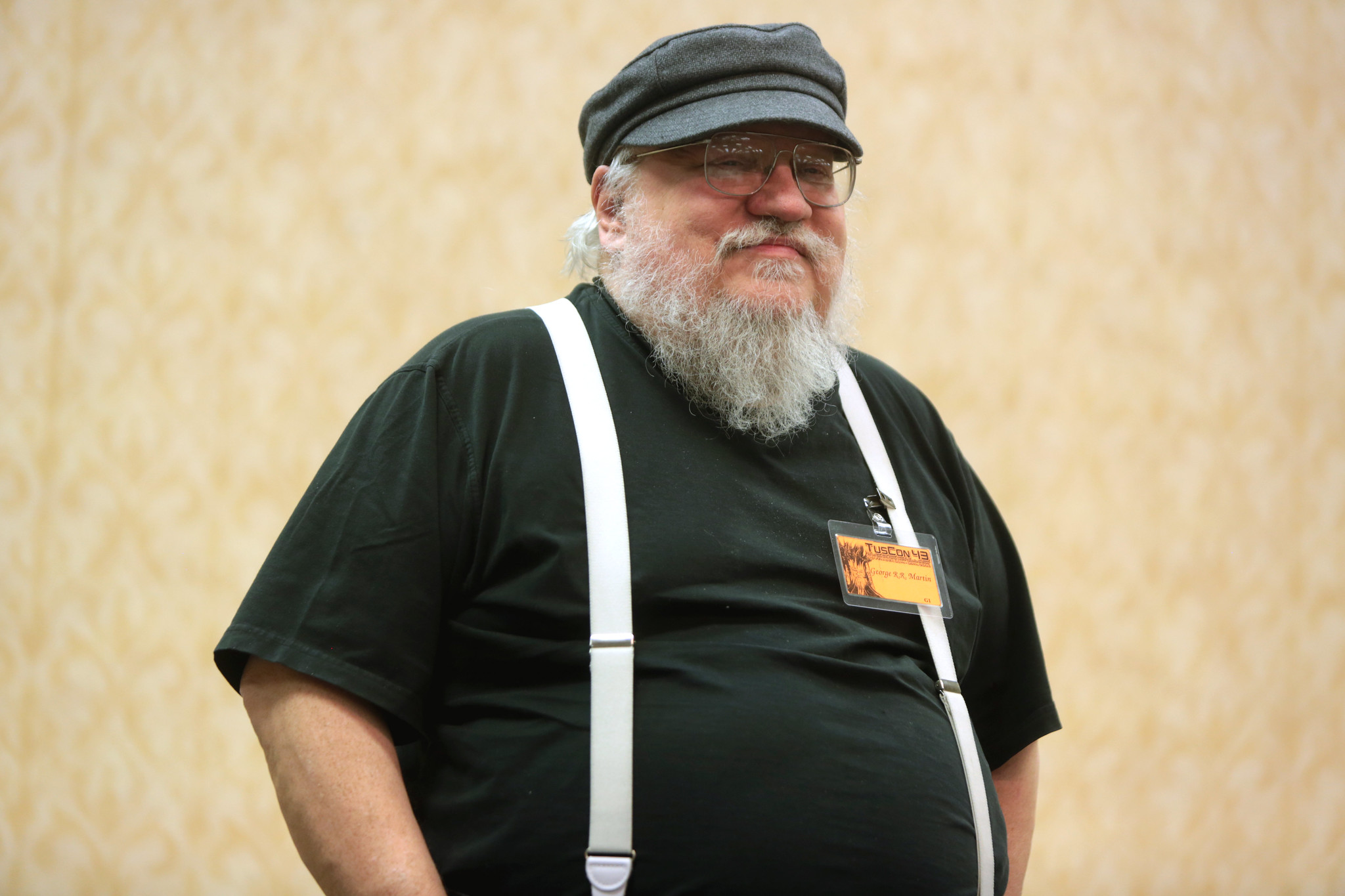
Le trône de fer : les livres de la saga A Song of Ice and Fire de George RR Martin
Le trône de fer est une immense saga d’héroïque fantasy qui s’inspire de la série des Rois maudits de Maurice Druon. C’est au début des années 1990 que Georges R.R. Martin commence à écrire Le trône de fer, le premier volume est publié en 1996. En 2007, la chaine de télévision HBO acquiert les droits d’adaptations. L’auteur lui-même participe à sa production et écrit le scénario d’un épisode par saison.

Futurs de Liu Cixin : un avenir terrifiant, décliné en quinze aventures
Lauréat du prix Hugo, Liu Cixin est considéré comme l'un des plus grands écrivains de science-fiction contemporaine. Son œuvre, vendue à des millions d’exemplaires dans le monde entier et déjà adaptée à l’écran, est notée en moyenne 4,11/5 sur Babelio par plus de 2000 lecteurs et lectrices.
Extraits
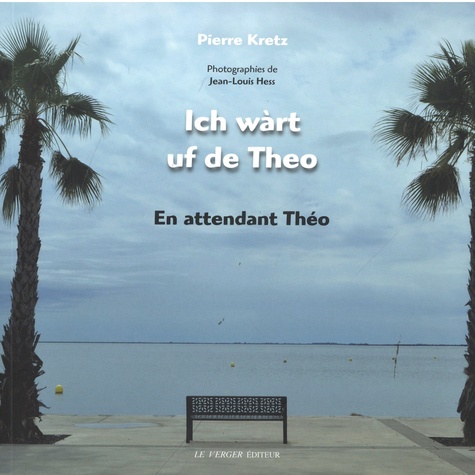
Théâtre - Pièces
Ich wàrt uf de Theo / En attendant Théo
11/2022
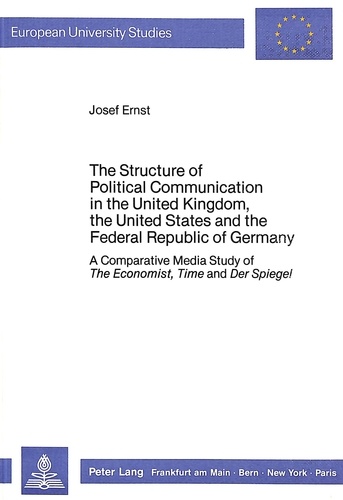
Sciences politiques
The Structure of Political Communication in the United Kingdom, the United States and the Federal Republic of Germany
11/1987
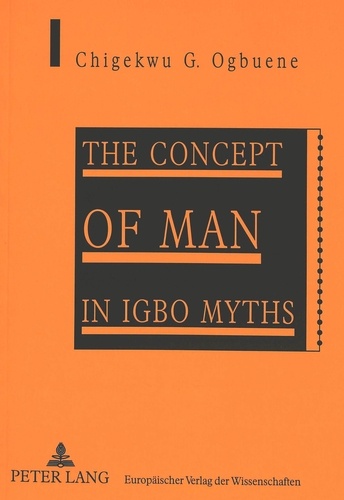
Non classé
The Concept of Man in Igbo Myths
11/1999
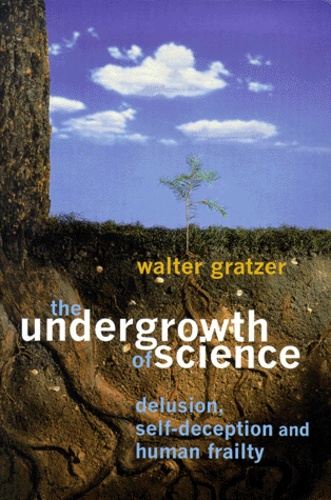
Histoire et Philosophiesophie
The Undergrowth of Science. Delusion, self-deception and human frailty
01/2000
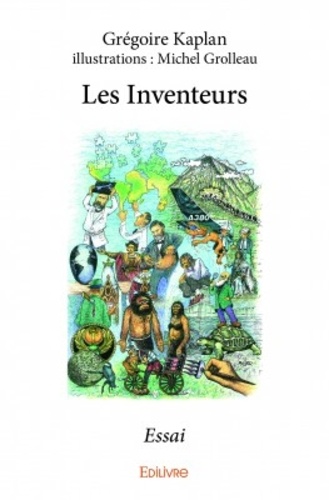
Littérature française
Les inventeurs. Essai
02/2017
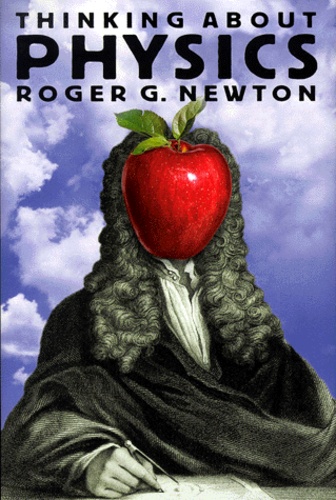
Histoire et Philosophiesophie
Thinking about Physics
01/2000



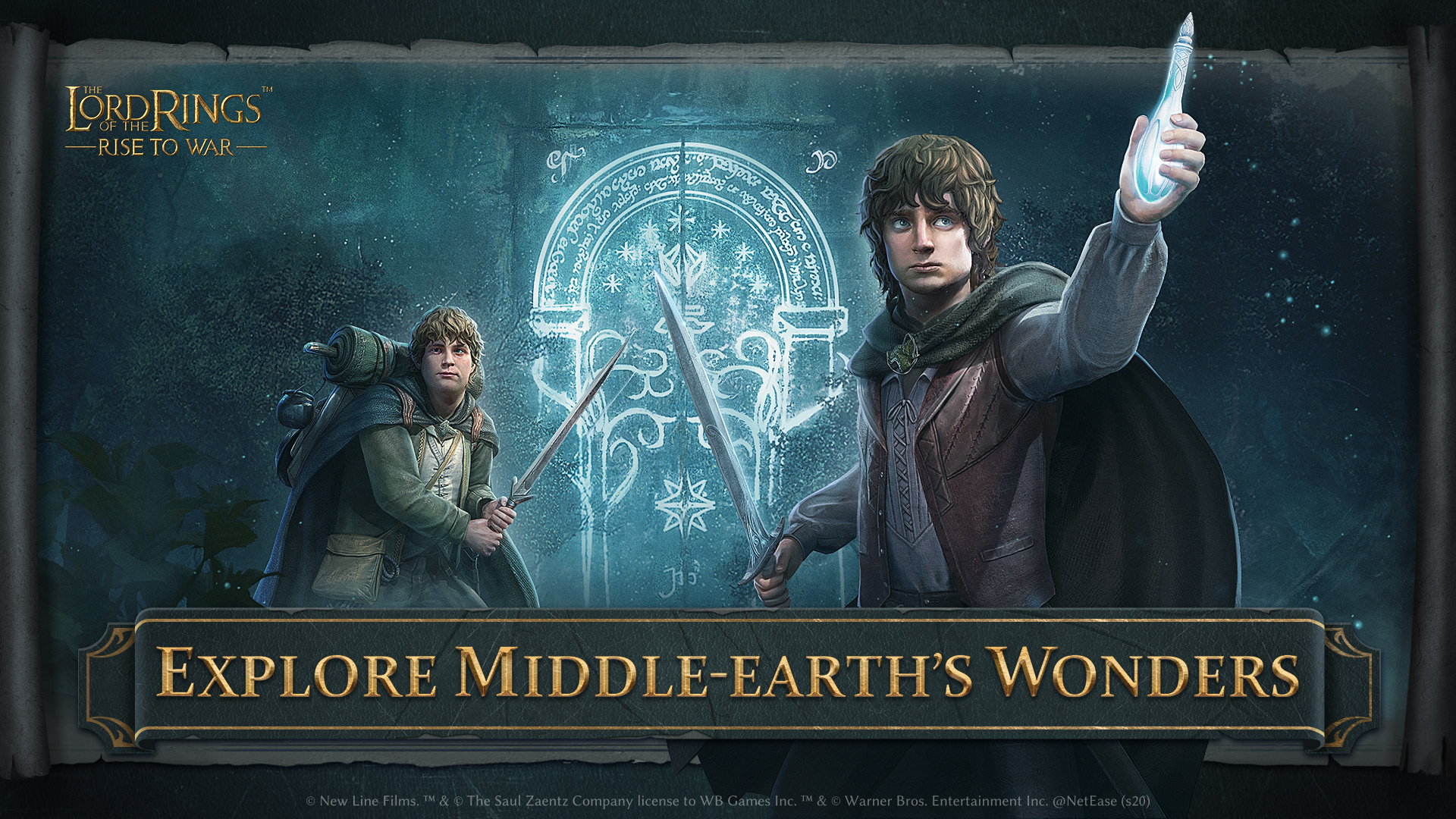



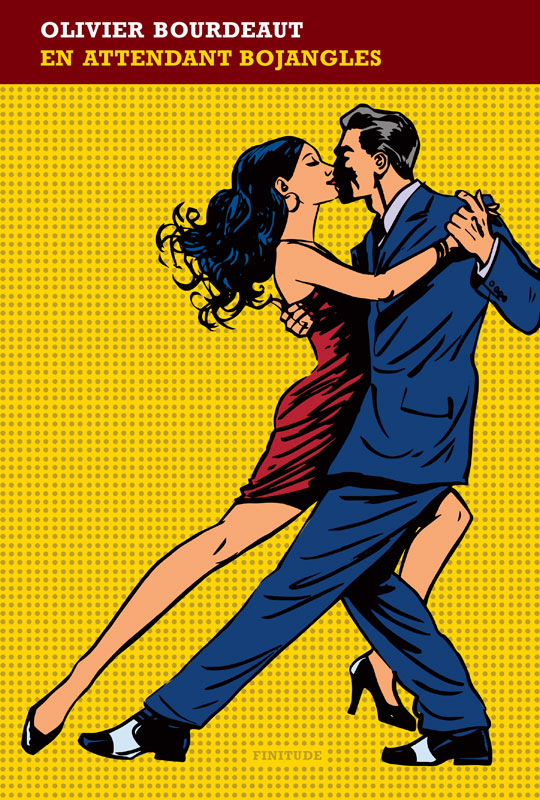

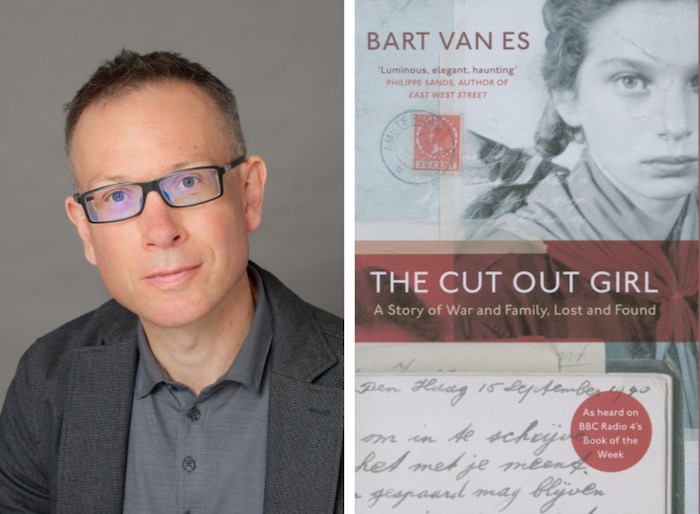
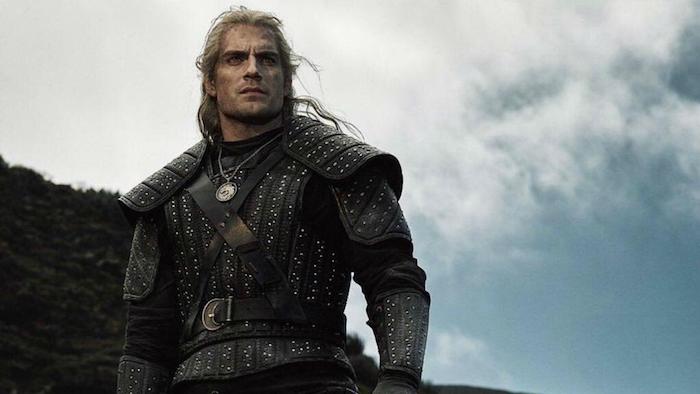

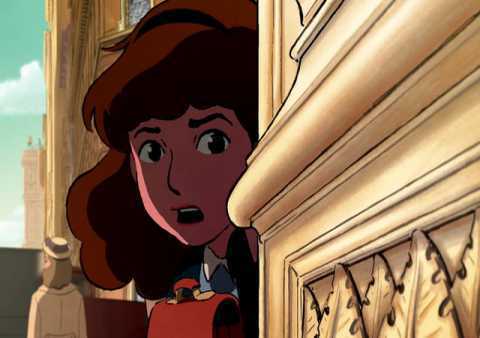
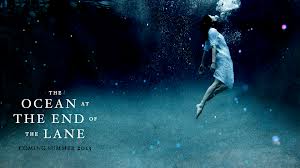

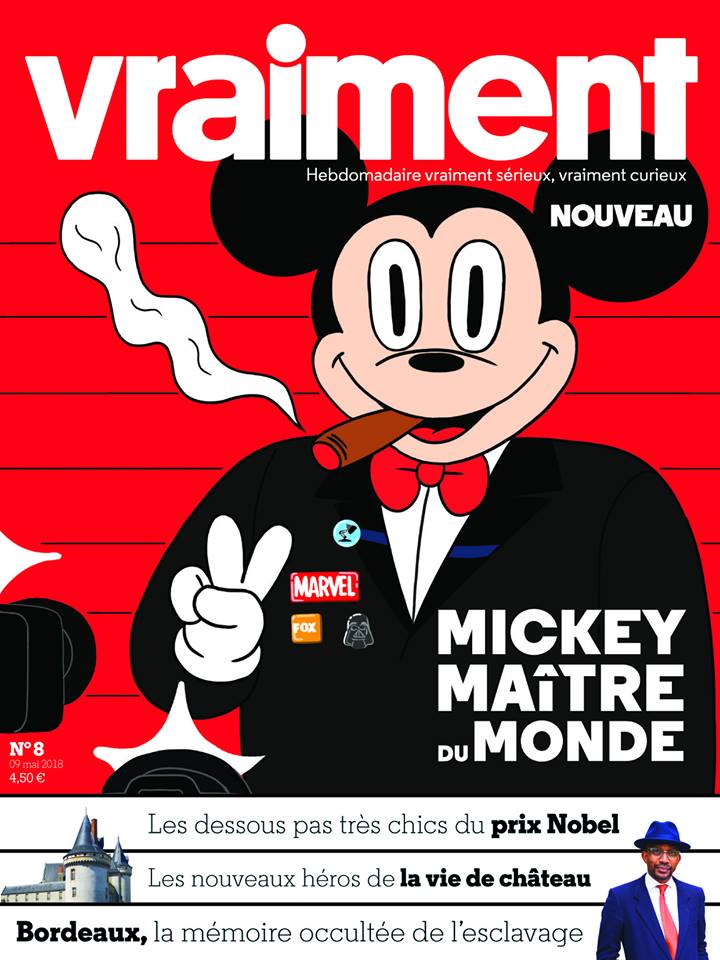




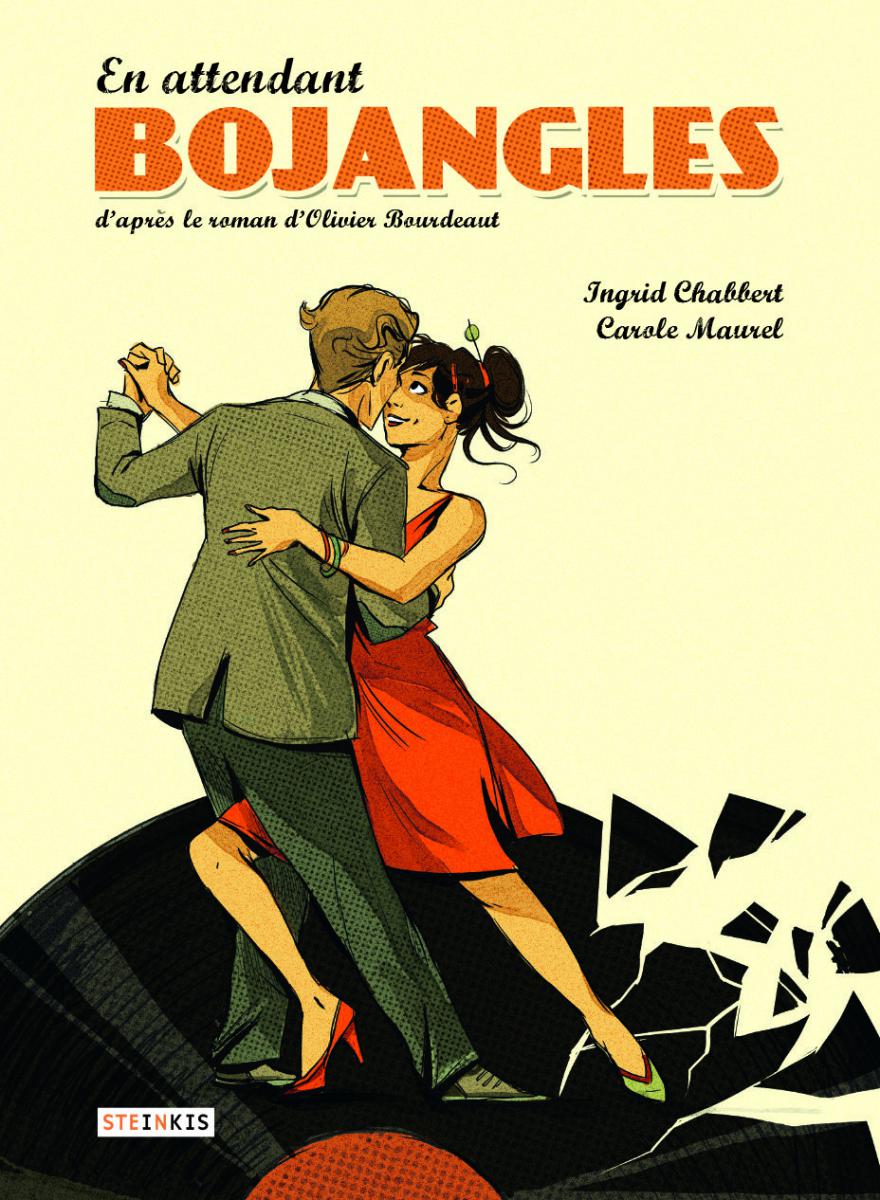
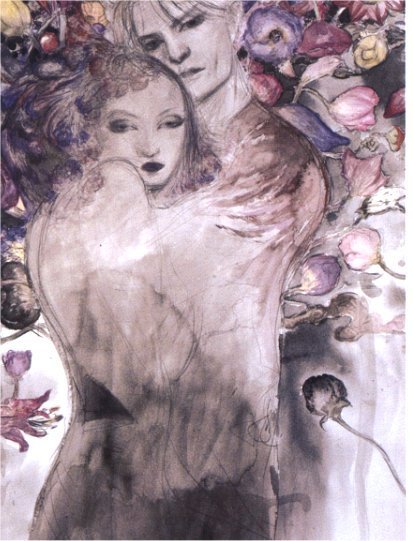

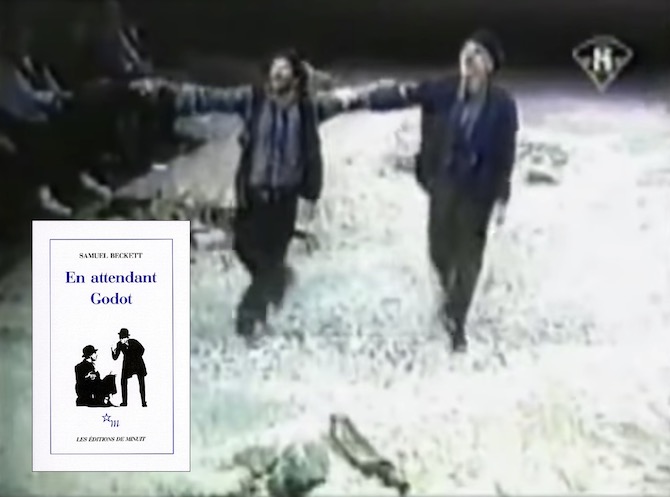
-fff9ecbe-0950-42f8-8413-c5783e6d7d8c.jpg)
